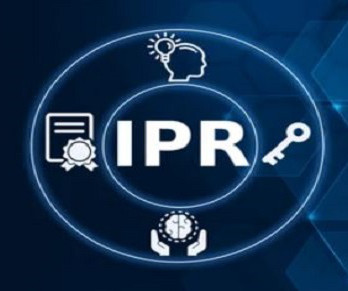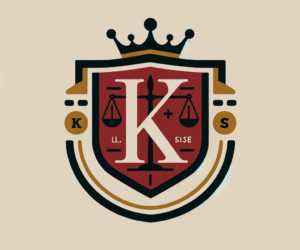Role of Intellectual Property in Entertainment Industry
IIPRD
FEBRUARY 6, 2024
In this sector, intellectual property (IP) regulations are essential for defending the rights of inventors, artists, and producers. A thorough awareness of intellectual property laws is crucial, regardless of your career goals—be they that of a fashion designer, singer, filmmaker, or just someone curious about the legal side of entertainment.












Let's personalize your content